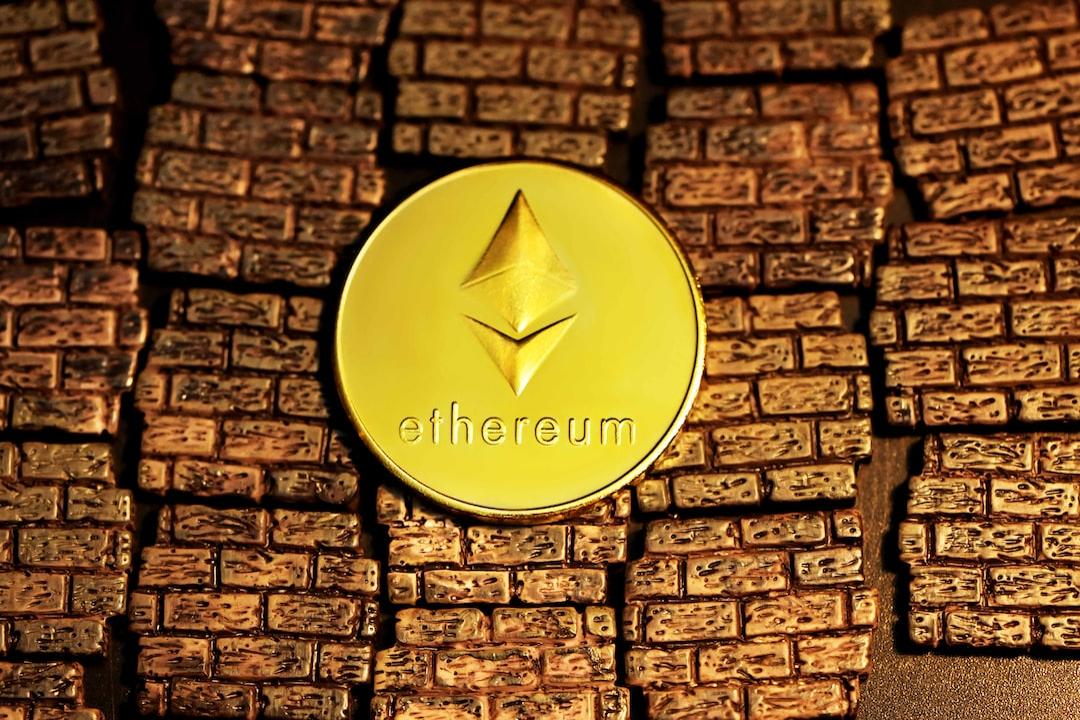Independent US presidential candidate Robert Kennedy Jr. has recently captured attention with his innovative financial policy proposal. Kennedy intends to invest $619 billion in Bitcoin, signifying a bold stride towards transforming the financial landscape in the United States. This initiative is designed to promote greater fiscal responsibility within the federal government and to fundamentally reshape the nation’s monetary policy.
### Contents
– Bitcoin’s Connection to Freedom and Property Rights
– Trump’s Position and Kennedy’s Critiques
– A Revamped Treasury Approach
### Bitcoin’s Connection to Freedom and Property Rights
Kennedy unveiled his proposal at the annual Bitcoin conference held in Nashville, Tennessee. The strategy involves the strategic acquisition of Bitcoin, which would be aligned with the US gold reserves. This ambitious plan aims to instigate a radical shift in financial policy, fostering fiscal discipline within the federal apparatus and bolstering economic stability. For the latest financial and business updates, visit COINTURK FINANCE.
During a roundtable discussion with Scott Melker and Custodia Bank CEO Caitlyn Long, Kennedy articulated how Bitcoin resonates with principles of personal freedom, property rights, and governmental integrity. He emphasized that Bitcoin transcends mere investment; it is a means to enhance individual sovereignty and mitigate the adverse effects of the “destructive war economy” perpetuated by traditional fiat currencies.
Kennedy posited that Bitcoin serves as a mechanism for restoring integrity to both government and personal liberties, empowering the middle class to combat inflation. He believes that Bitcoin is not solely a financial asset but also a significant social and political tool.
### Trump’s Position and Kennedy’s Critiques
Kennedy Jr. drew a contrast between his steadfast support for Bitcoin and former President Donald Trump’s inconsistent stance on the matter. He criticized Trump’s controversial consideration of JPMorgan CEO Jamie Dimon for the Treasury Secretary position, claiming it undermines efforts to curtail political corruption.
Furthermore, he pointed out Trump’s ties to Steve Mnuchin, who sought to restrict peer-to-peer Bitcoin transactions. Despite Trump’s newly found interest in Bitcoin, Kennedy urged caution, arguing that these inconsistencies could erode trust within the Bitcoin and broader cryptocurrency community.
### A Revamped Treasury Approach
Kennedy Jr. proposed a systematic incorporation of Bitcoin into the US Treasury framework. He recommended initiating this process by issuing treasury bonds linked to a variety of robust currencies, including platinum and gold. The plan would start with 1% of new treasury issuances, gradually escalating to a full 100%. This proposed method aims to instill discipline within the financial system while progressively integrating Bitcoin into the federal balance sheet.
Kennedy Jr. plans to acquire Bitcoin to equal the value of the US gold reserves. According to Arkham’s data, the US government currently possesses 213,239 BTC, valued at approximately $14.3 billion. However, this amount is insufficient to match the US’s roughly $619 billion in gold reserves. Consequently, the US will need to acquire around 9.4 million BTC, which accounts for 45% of the total 21 million BTC in existence.
Kennedy’s ambitious proposal has ignited considerable discussion regarding the future of Bitcoin and cryptocurrencies. This strategy holds the potential for profound changes to US financial and economic policies. However, the implications and potential repercussions of such a substantial purchase warrant careful scrutiny. It remains uncertain whether Kennedy’s proposal will redefine the role of Bitcoin and cryptocurrencies within the global financial framework.
Stay informed with our updates on Telegram, Facebook, Twitter, and Coinmarketcap.
**Disclaimer:** The information provided in this article is not intended as investment advice. Investors should recognize that cryptocurrencies are highly volatile and carry inherent risks, and are encouraged to conduct their own research.

